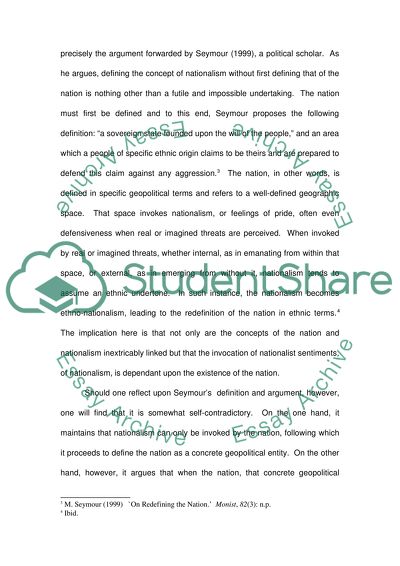Cite this document
(“What is ethnicity Essay Example | Topics and Well Written Essays - 1750 words”, n.d.)
What is ethnicity Essay Example | Topics and Well Written Essays - 1750 words. Retrieved from https://studentshare.org/miscellaneous/1511450-what-is-ethnicity
What is ethnicity Essay Example | Topics and Well Written Essays - 1750 words. Retrieved from https://studentshare.org/miscellaneous/1511450-what-is-ethnicity
(What Is Ethnicity Essay Example | Topics and Well Written Essays - 1750 Words)
What Is Ethnicity Essay Example | Topics and Well Written Essays - 1750 Words. https://studentshare.org/miscellaneous/1511450-what-is-ethnicity.
What Is Ethnicity Essay Example | Topics and Well Written Essays - 1750 Words. https://studentshare.org/miscellaneous/1511450-what-is-ethnicity.
“What Is Ethnicity Essay Example | Topics and Well Written Essays - 1750 Words”, n.d. https://studentshare.org/miscellaneous/1511450-what-is-ethnicity.


